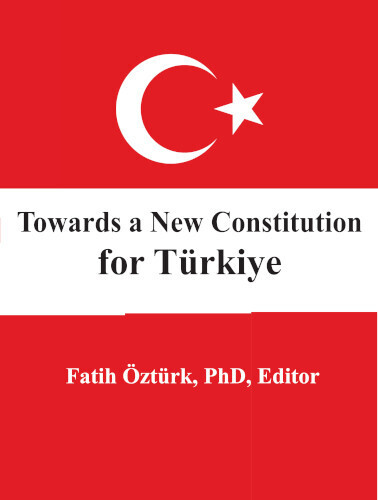Towards a new Constitution for Türkiye
This book begins with an historical review of constitution making in Turkiye, from 1867 to today from legal, political and philosophical perspectives. Questions discuss how Turkiye might achieve the need for “effective” governance, stabilize democracy, and deal with elite interests versus interests of common people. The Ottoman Turkish constitution of 1867 was the first constitution experiment in Western style, while the 1921, a Parliament-based new constitutional amendment made further reforms. 1946 was Turkiye’s beginning of a multi-party democracy, followed by decades of problems with military coups, authoritarianism, militant groups and extremist ideologies. Challenges for Turkiye include governance checks and balances, parliament supremacy, and the politicization of Islamic values. Further sections in the book deal with human rights, recall of politicians, political process, legitimacy and connections to constitutions, public initiatives such as British Columbia’s abolishing the HST in 2011. Some more questions raised: is housing a constitutional right? Should LGBT rights be included in a Turkish constitution? How best to constitutionalize tax justice? This analysis by legal scholars should not be missed.
